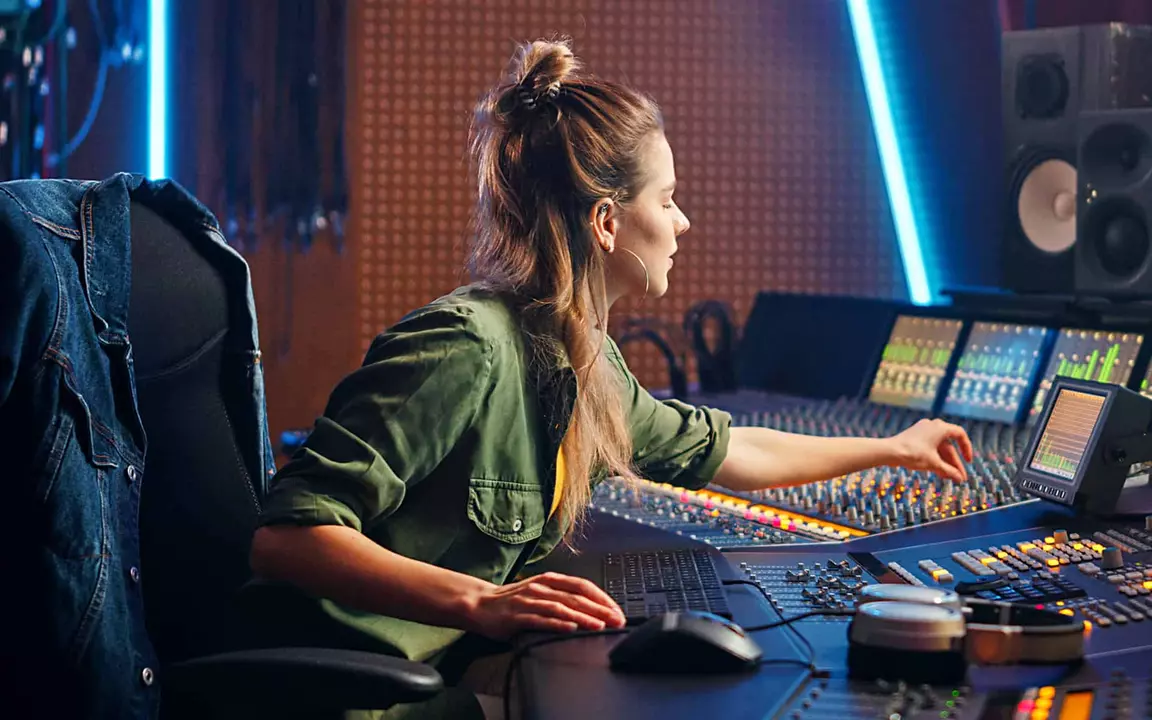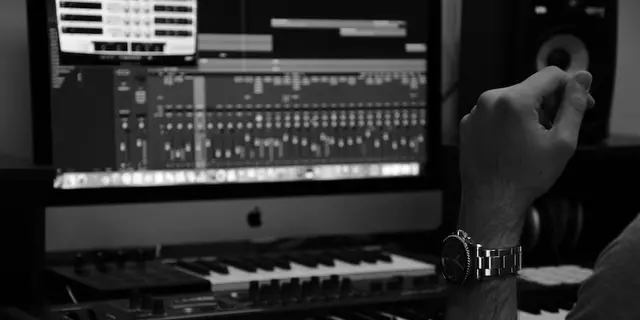How can I practice skills to become a music producer?
10 Essential Skills Every Music Producer Should Master
If you want to become a successful music producer, there are certain skills that you need to master. Here are 10 essential skills that you should focus on developing in order to be successful:
- Music Theory: Knowing the fundamentals of music theory is essential for any producer. Understanding basic music theory can help you create better compositions, as well as identify and correct problematic notes and chords.
- Mixing: Mixing is one of the most important skills for any producer. It involves balancing and blending the various elements of a track to create a cohesive sound. It takes a lot of practice and experience to become a good mixer.
- Recording: As a producer, you need to be able to record audio in a professional quality. This involves setting up the recording environment and using the proper equipment. It also involves knowing how to use recording software to capture the audio.
- Arrangement: Arrangement is the process of organizing different musical elements into a cohesive piece of music. It involves creating the structure of a song, from the tempo and key to the order of sections. Knowing how to arrange a song is essential for any producer.
- Mastering: Mastering is the process of taking a finished mix and making it ready for distribution. This involves balancing the levels of the mix, EQing frequencies, and applying compression and limiting. It takes a lot of practice to master the art of mastering.
- Synthesizers: Synthesizers are an essential tool for any producer. They can be used to create unique sounds and textures that can't be achieved with traditional instruments. Knowing how to use synthesizers is essential for any producer.
- Sampling: Sampling is the process of taking existing recordings and manipulating them to create new sounds. Knowing how to sample correctly is a valuable skill for any producer.
- Software: Most music production is done using digital audio workstations (DAWs). Knowing how to use a DAW effectively is essential for any producer. Learning the ins and outs of different software will help you become a better producer.
- Collaboration: As a producer, you will often need to collaborate with other musicians and producers. Knowing how to communicate and work together effectively is essential for any producer.
- Marketing: Knowing how to promote and market your music is essential for any producer. Learning how to use social media, create a website, and book gigs will help you get your music out to the public.
These are 10 essential skills that every music producer should master in order to become successful. With practice and dedication, you can master these skills and become a successful producer.
Are you looking to become a music producer, but don't have access to the latest and greatest gear? Don't worry! You can still create professional quality music with limited gear. Here are some tips on how to make the most of what you have to become a successful music producer.
1. Learn Music Production Basics
Before you dive into producing music, it's important to have a basic understanding of music production fundamentals. This includes understanding concepts such as signal flow, EQ, compression, and more. Take some time to practice these concepts and get a basic understanding of the fundamentals of music production.
2. Utilize Multi-tracking
Multi-tracking is a great way to make the most of limited gear. By utilizing multi-tracking, you can layer multiple instruments and sounds to create a more dynamic mix. This will give your music a professional edge and make it sound more polished.
3. Experiment with Effects
Effects are a great way to add depth and texture to your music. Experiment with different effects and see what works best for the sound you're trying to achieve. Reverb, delay, and other effects can be used to create unique sonic landscapes and add an extra layer of polish to your music.
4. Utilize Samples
Using samples is another great way to make the most of limited gear. Samples can add an extra layer of depth and texture to your music and can help you achieve a professional sound. Try experimenting with different samples to find the ones that best fit your sound.
5. Invest in Quality Plugins
Although you may not have access to the latest and greatest gear, investing in quality plugins can help you achieve a professional sound. Quality plugins will give you the tools you need to get the most out of your music. Look for plugins that offer a wide range of features and functions to help you produce professional quality music.
Conclusion
Although you may not have access to the latest and greatest gear, you can still create professional quality music with limited gear. By following these tips, you can make the most of what you have and become a successful music producer. Good luck!
If you're looking to become a music producer, there are some essential skills you'll need to practice. Here are some tips to help you get started:
- Learn the fundamentals of music theory. Understanding the basics of music theory, such as key signatures and scales, will help you craft better compositions.
- Develop your ear. Practice transcribing songs by ear or using software to help you identify chords, melodies, and rhythms.
- Practice using music production software. You'll need to become familiar with digital audio workstations (DAWs) such as Ableton, Logic, or Pro Tools to produce and mix your music.
- Experiment with sound design. Learn synthesis and sampling techniques to create unique sounds for your tracks.
- Find a mentor. Seek out experienced music producers to help you refine your skills and learn new techniques.
By taking the time to learn the basics of music production and honing your skills, you're well on your way to becoming a successful music producer.






